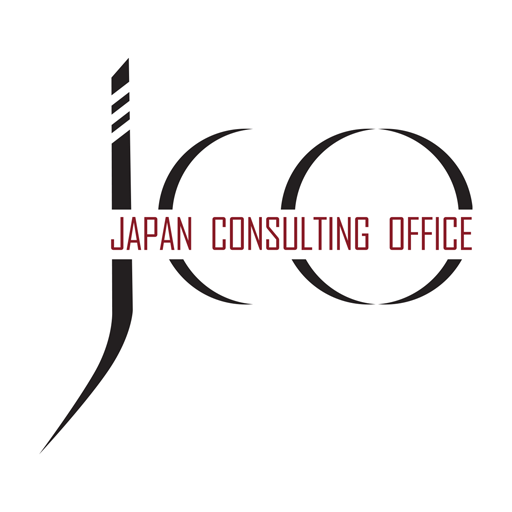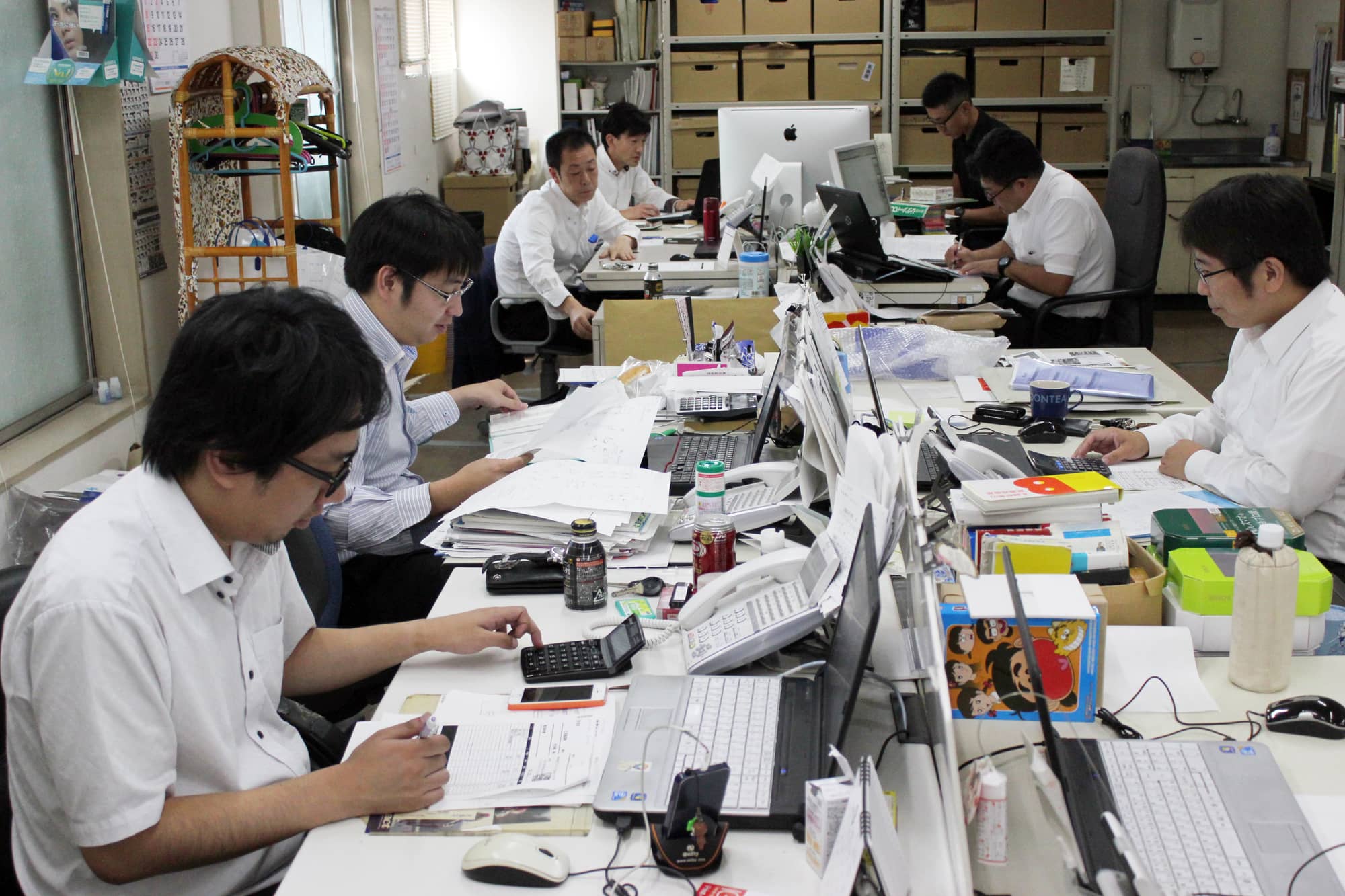
The "5 Whys" technique is a problem-solving method commonly used in Japanese business to identify the root cause of a problem. Developed by Sakichi Toyoda, the founder of Toyota, it involves asking "why" repeatedly to peel away layers of symptoms and uncover the underlying issue.
Traditionally used in production and development, this tool can also be effective to analyze challenges during joint projects involving both non-Japanese and Japanese teams.
It is crucial to ask "Why is XYZ not going as expected?" repeatedly until you get the full picture as assumptions based on one's own cultural perspective can lead to misunderstandings.
Many aspects of how projects are discussed, planned, and executed differ significantly between the traditional Japanese “waterfall” approach and the more “agile” methodologies commonly used outside Japan.
Typical challenges for Non-Japanese members of project teams
When collaborating with Japanese partners, non-Japanese often raise questions such as:
- "Why is the Japanese way of discussing so descriptive rather than decisive? It is hard to understand what they expect or want.”
- "Why does the Japanese side not adhere to the timeline, especially at the start of the project? This indecisiveness prevents us from moving on to the next stage.”
- "Why does the Japanese project manager not take more control to unify the Japanese position promptly?”
- "Why are the executive Japanese decision-makers so hesitant to take the decisions necessary for progressing to the next stage?”
To quickly answer these questions is not easy as cultural values greatly influence how information is shared, risks are assessed, alternatives are discussed, and decisions are made.
When faced with the challenges above usually this happens:
- Often culture is blamed as this offers a quick and convenient explanation of why things have gone wrong.
- The analysis stops at the first apparent factor which is then taken to be the root cause.
A Closer Look at Delays in Project Timelines
To correctly answer these questions, it is of great importance to take cultural differences into account as they greatly influence how information is shared, risks are assessed, alternatives are discussed, and decisions are made.
But the analysis cannot stop here and this where the “5 Whys” approach comes into play.
So, let us consider this question during a recent case:
"Why does the Japanese side not adhere to the timeline, especially at the start of the project? This indecisiveness prevents us from moving on to the next stage."
Simply blaming culture would be saying, “"Oh, those Japanese are so slow”.
A superficial analysis might be, "Maybe we were not clear enough, so we simply need to formalize the next steps more definitively to ensure the Japanese side follows them."
However, only a "5 Whys" approach, involving extensive informal communication with key Japanese stakeholders, did reveal the true root cause.
The real issue was not so much a lack of shared concrete steps but rather that final approval from top executives on the Japanese side had not yet been secured.
This fact made it extremely difficult for Japanese project team members to internally justify the time they, based on the planning by the non-Japanese project manager, would need to spend on project-related work.
Especially for members from Japanese teams facing staff shortages and other pressing issues this proved to be a major stumbling block preventing quick progress.
It then became clear that any measures to keep the project on track had to be addressing this “hidden” issue first and foremost. Eventually with JCO's assistance an alternative path forward was found.
Conclusion
In summary, in this and many other cases opting for an easy explanation and solution would not only have failed but also strained relationships within a mixed team. That is why the "5 Whys" approach is a vital tool in many settings!
Over the nearly two decades that JCO has enabled clients to delve deeper into the cultural nuances which has proven invaluable in identifying roadblocks during a project.
If you would like to learn more about this topic, consider attending a JCO open session.
To organize an in-house workshop, please contact us at Info@JapanConsultingOffice.com.



